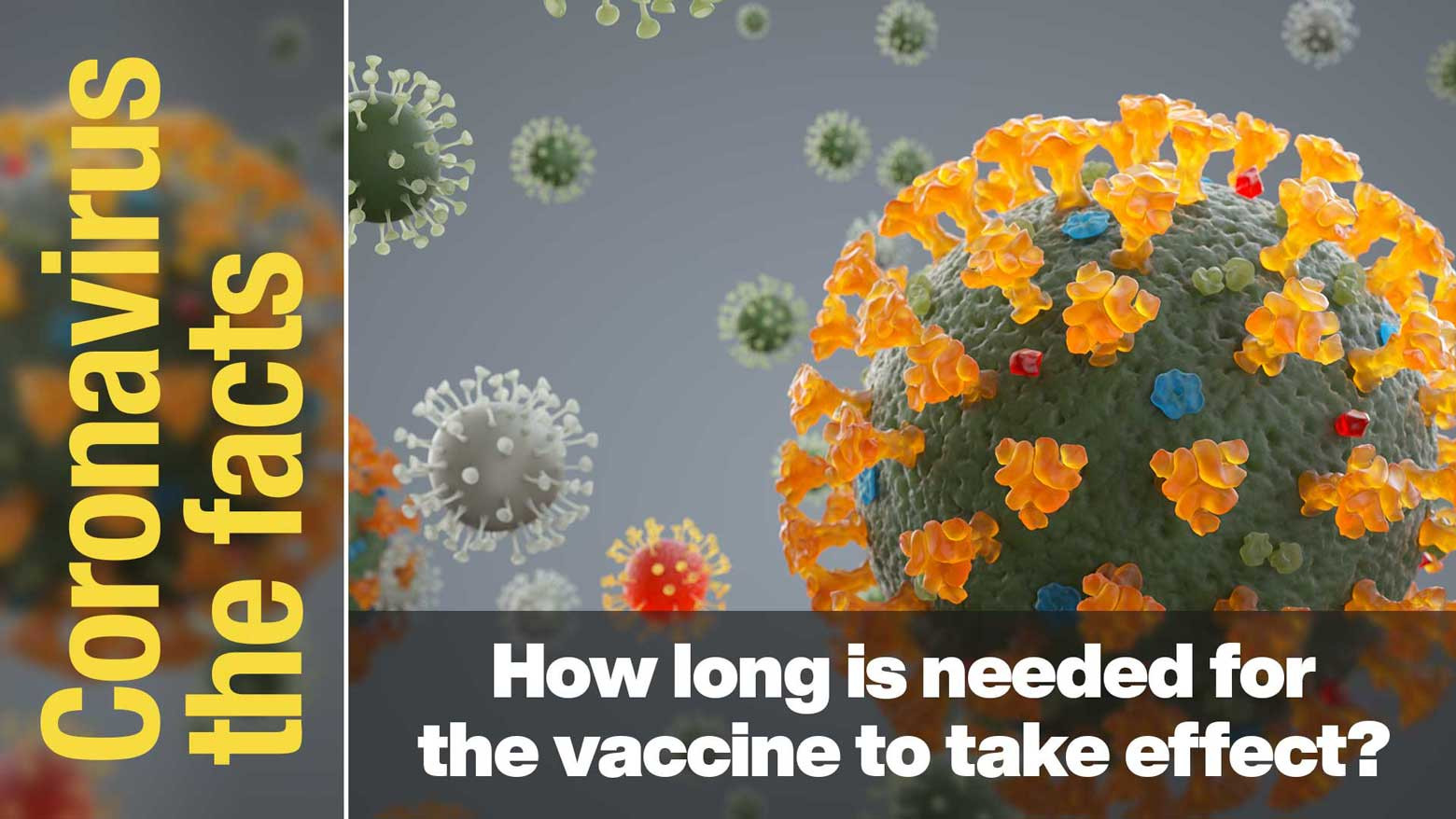This is part 93 of our coronavirus FAQ. Click here to read other installments: #Coronavirus the facts. Find the latest information and answers from experts on everything COVID-19.
Immunity takes time
A Japanese medical institution reports that a health care worker aged in her 20s became infected with the coronavirus in late February, after receiving the Pfizer vaccine.
Japan’s health ministry was notified about the case six days after the woman received her first dose. Officials say it is highly likely she was infected after the vaccination. She has since recovered.
A ministry research group notes that vaccination does not lead to an immediate increase in antibodies. A level of immunity from the first shot is believed to take around 14 days. Hence, people need to continue with anti-infection measures even after receiving the shot.
In March, the US Centers for Disease Control and Prevention advised vaccinated people to wear masks in public places as the possibility of infection could remain.
Pfizer and BioNTech test the timeframe
US pharmaceutical firm Pfizer and its German partner BioNTech carried out clinical trials of their COVID-19 vaccine in 2020.
Participants were divided into two groups: one that received the coronavirus vaccine and another that received the placebo.
The trial found that, after receiving the first shot, the number of new infections remained the same for a while in both groups. After about 12 days, the number of new cases continued to rise in the placebo group, but levelled off among those who had been vaccinated.
The study reports that the vaccine has a 52.4 percent efficacy rate between the first shot and the second. That rises to 94.8 percent seven days after receiving the second dose.
Anti-infection measures needed even after vaccination
Professor Nakayama Tetsuo, a virologist at Kitasato University, explains that mRNA vaccines like the one developed by Pfizer and BioNTech lead the body’s cells to first make a protein that’s specific to the coronavirus and then to produce antibodies. The process takes time.

Professor Nakayama says it takes at least 10 to 14 days from the first dose for immunity to start. Until then, there is no immune response and virtually no protection against infection. He says antibodies are developed about a week after the second dose that enable strong immunity against infection and suppress severe symptoms.
Professor Nakayama cautions that two doses do not provide 100 percent protection. He urges against frequent outings and encourages ongoing anti-infection measures, even after vaccination.
This information is accurate as of May 7, 2021.
